How to Have a Garden in the UAE's Arid Climate
Published 01 August 2019 at 23:03
Tickikids Blog Dubai > After-School Activities > How to Have a Garden in the UAE's Arid Climate
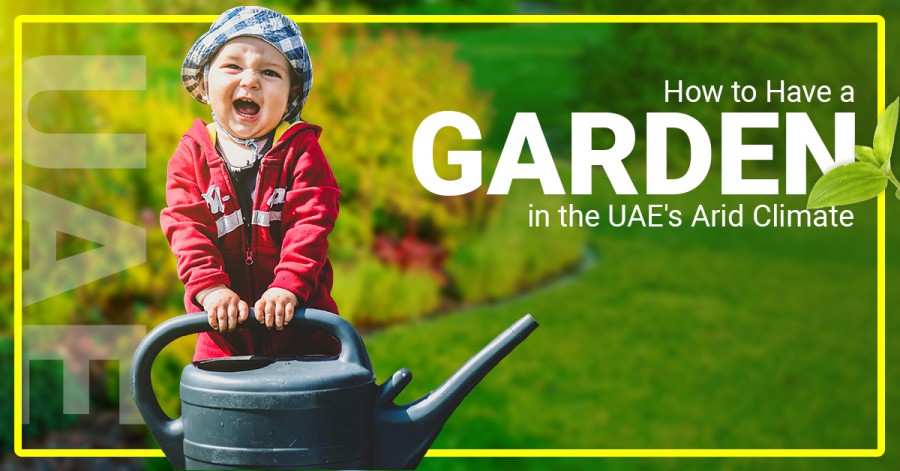
While Dubai’s high-tech vertical vegetable gardens and warehouse farms have made the headlines in the past few years, it is also possible to grow your own vegetables in the desert city – despite the arid climate.
Dubai gardeners face a number of weather challenges due to the harsh, very hot climate and lack of rain. This certainly makes gardening in Dubai and the UAE far from easy, and it is really only possible to grow plants from November through March. However, having a flourishing garden in the UAE is not impossible and the climate doesn’t mean that you can’t grow your own vegetables and flowers. Let’s take a look at how you can create your own mini oasis in the desert in your home in the UAE.
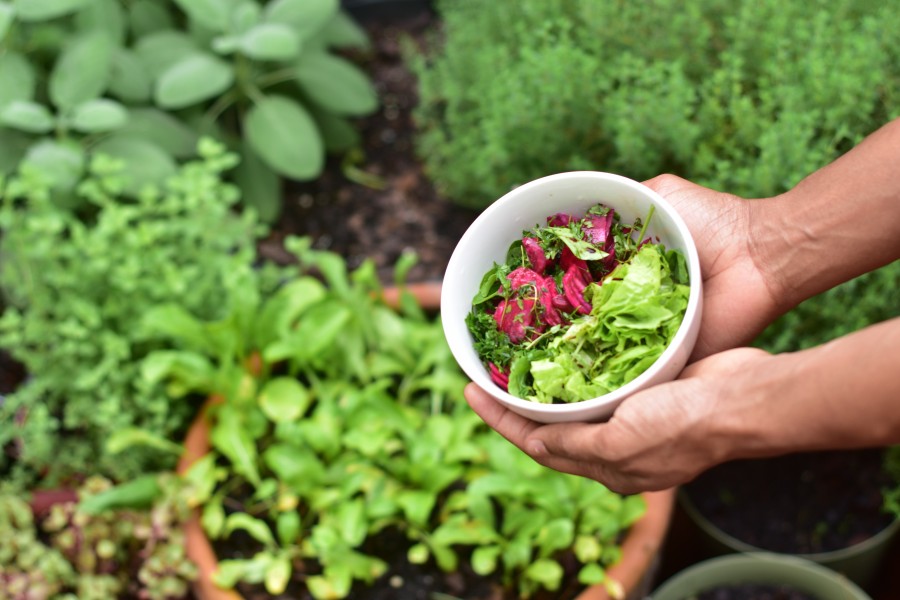
Photo Credit: Elias Morr / unsplash.com
Why you should have a garden
Having a garden is likely to improve your overall health as it increases your daily physical activity, and ups the amount of natural food harvested from the ground. This means it is not only better for you, but for the planet as well.
According to experts, having a garden and growing your own food is beneficial because it inspires you to take an interest in the origins of your food, which helps you make better choices when it comes to what you eat.
Growing your own garden also helps you eat more fruit and vegetables and gives you control over which pesticides and fertilisers are used. Since you can decide when to harvest your vegetables it can increase the nutrient count of your vegetables as shop-bought ones are often picked too early.
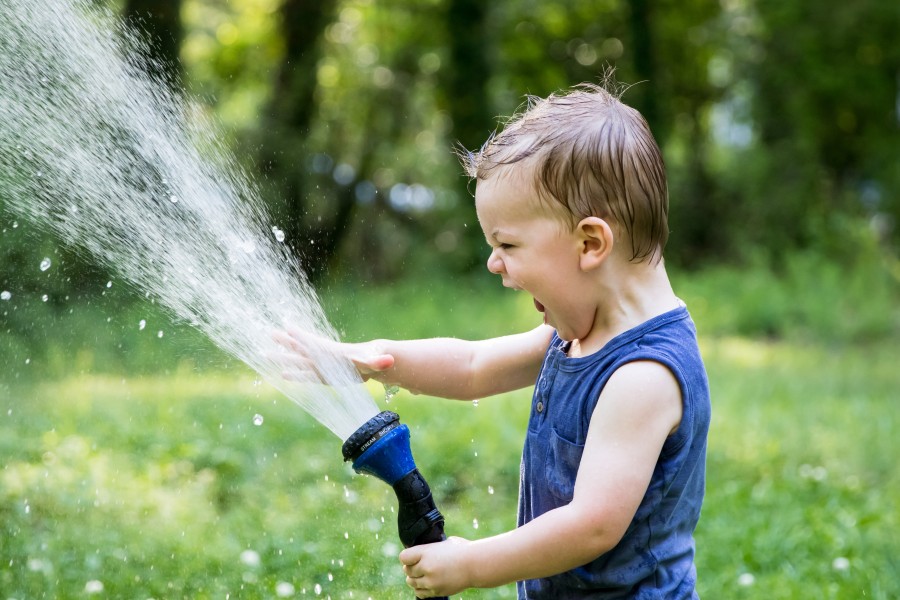
Photo Credit: Phil Goodwin / unsplash.com
Soil, Water, Mulch
The first thing you’ll need to do is decide where you want to grow your garden. Do you only have pots? Or do you have a little spot of earth which you can use to grow your garden. To ensure you have a fertile base, prepare your potting mix with coco peat, sand and perlite and an organic fertiliser like Sustane. It is also important to check that the pots or the garden have good drainage.
Sand is not favourable for growing plants because it doesn’t hold the water well, rather the water just disappears. For this reason, you should use peat moss and manure, the latter in particular being useful for both retaining water and giving food to the plant. Add generous amounts and work it deep into the soil.
Remember that water in Dubai is scarce and expensive. Don’t water plants in the afternoon, the hottest part of the day, as water will evaporate in the heat. On the other hand, don’t water plants at night as foggy conditions can lead to plants developing diseases due to increased humidity. However, only newly potted plants, germinating seeds and seeds that have just been sown need daily watering.
When you do water your plants, do so in the early morning. Know your plants' water requirements. Some need to be kept dry between watering and others need their soil moist at all times. Furthermore, when choosing planting zones keep these factors in mind. It could be worthwhile to consider investing in an irrigation system as it is more efficient, delivers water slowly and minimises water loss due to runoff.
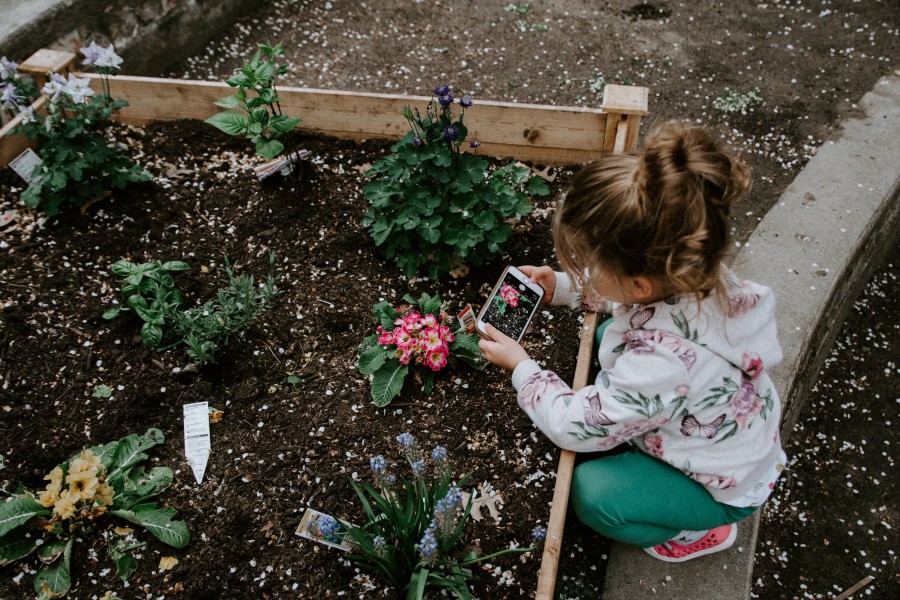
Photo Credit: Kelly Sikkema / unsplash.com
What to plant
There are a number of hardy plants that will survive the harsh summers in Dubai. These include Date Palm if you have a fairly large garden. These trees require well-drained, deep sandy loam soils suitable for holding moisture. For date palms to thrive, they need to have soil which is free from calcium carbonate with a pH of 8 to 11.
Another a plant recommended for gardeners in Dubai is Bougainvillea, especially to cover garden walls and fences and provide some colour to the garden. These shrubs or creepers grow well in dry soil and in bright, full sun. They do need to be fertilised frequently, but once established require little water. In fact, they suffer if they receive too much water. Other plants recommended for this kind of arid climate include the Flame Tree (Delonix Regia), the Frangipani and the tropical hibiscus.
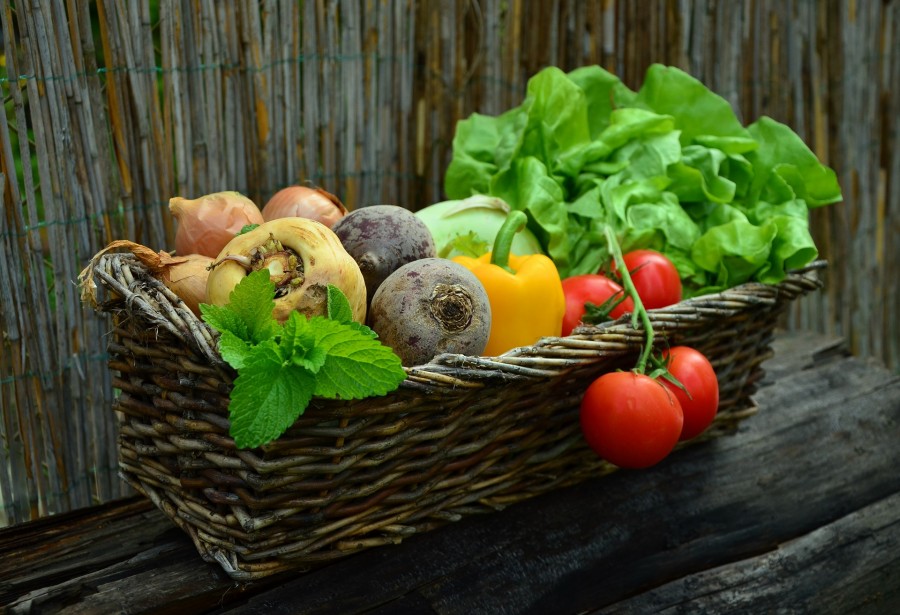
A vegetable garden
It is possible to grow a thriving vegetable garden in Dubai, as long as you follow certain tips. These tips include making sure you plant at the right time of the year and work around the harsh summer months. The article adds a warning to make sure that potted plants have good drainage and also to make sure that plants get the right amount of sun and shade.
Furthermore, there are a number of vegetables which grow well in this type of climate, including carrots, peppers, potatoes and garlic, making it possible to have your own flourishing vegetable garden in Dubai.
Protect plants from the chilly evenings by using plastic or canvas sheeting. This is particularly important for cold-sensitive plants like cucumbers. Planting flowers nearby is also advisable as these will bring pollinators and other beneficial insects to your garden. Companion planting – planting different crops with mutually advantageous properties next to one another – also helps to deter pests and protect the plants and their bounty. Pests can further be controlled with pesticide spray or homemade remedies such as mixtures of garlic, neem oil and a drop of soap, diluted in water and sprayed on to the plants.